Last updated on April 7th, 2022 at 02:50 pm
Building Soil Health on Hay Fields During Winter
Wintering cows on hay fields helps this rancher harvest better hay.
MEET DAVID KANE
SR Cattle Company
Decker, Montana
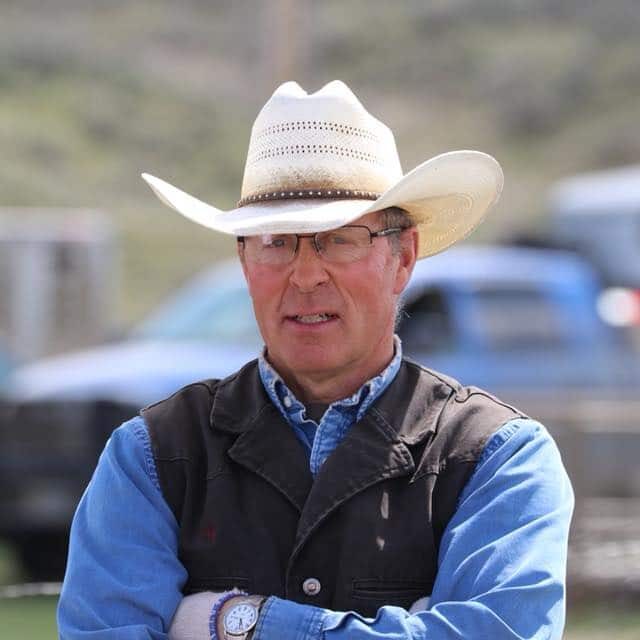
“My great-grandfather homesteaded here in 1882. And we’re still here.”
In the ranching business, that’s no small accomplishment. Just ask David Kane, a fourth-generation stockman who ranches northeast of Sheridan, Wyoming. It’s a dryland cow-calf and yearling operation, which means when it rains, it’s a little less dry and when it doesn’t, well, it’s really dry.
That makes growing hay an exercise in looking skyward. In 2020, Kane says it didn’t rain. Things were looking better in north-central Wyoming as the summer of 2021 rolled around. In a situation like that, you’re thankful for what you get.
Kane’s son ranches 40 miles to the west, on a place nestled close to the Bighorn Mountains. There, irrigation keeps around 350 hay acres going strong. Between the two operations, they’re able to grow enough hay to winter their cattle.
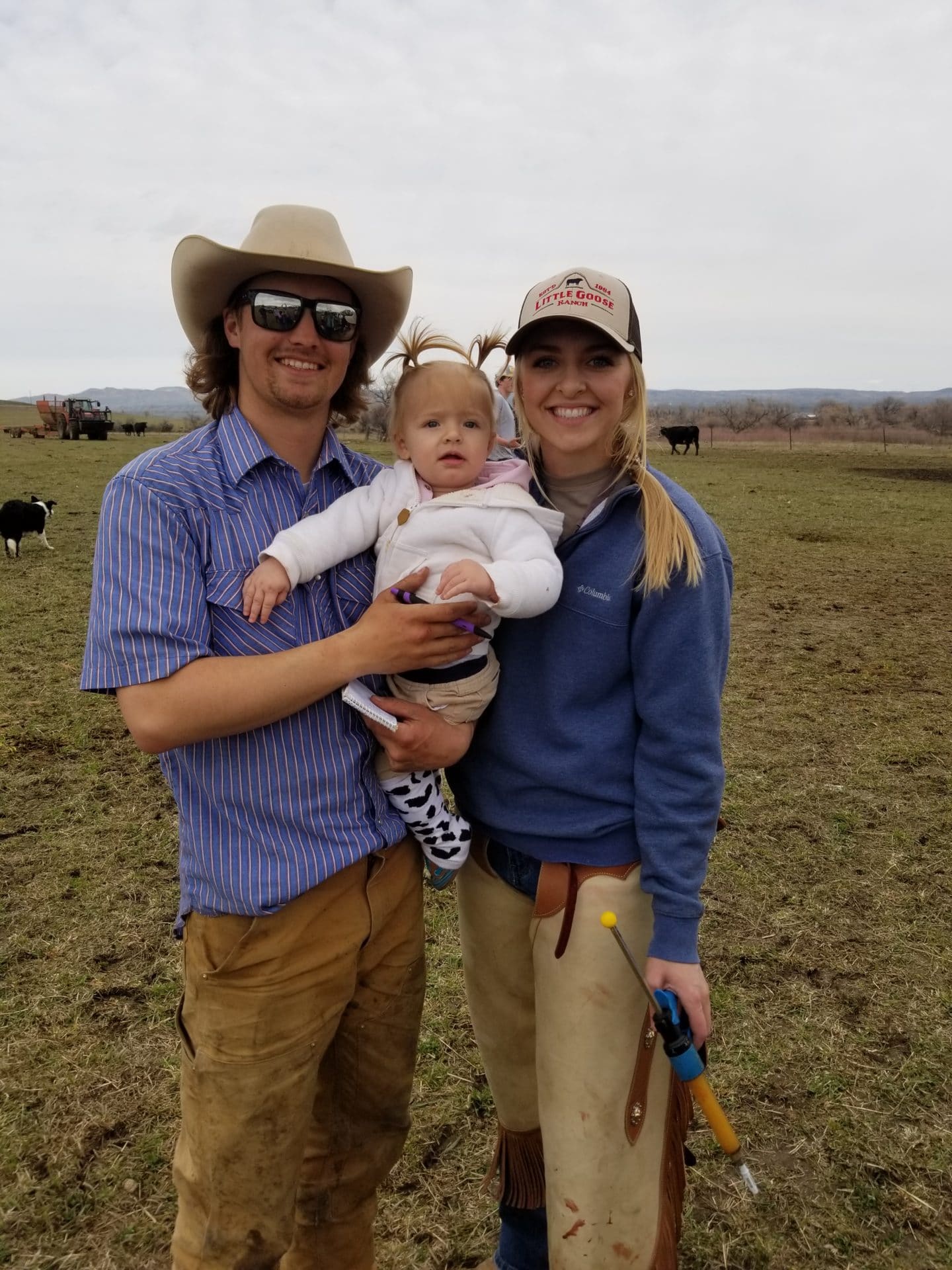
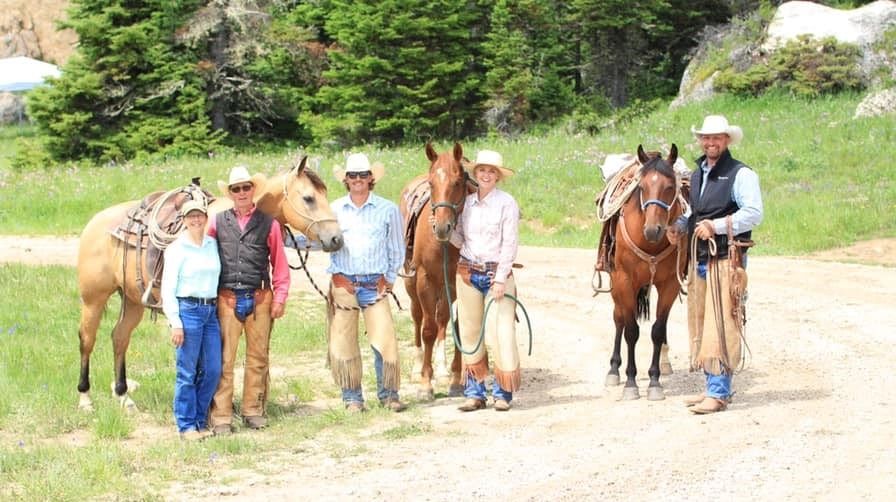
Good pasture and range management, however, keeps the winter feed period short. “We stockpile a lot of grass,” Kane says. “We’re able to stay out well into January in a typical year. And then we feed them on the hay grounds.” As soon as spring green-up happens, which is usually around May 1, the cattle go to pasture and the hay fields regenerate.
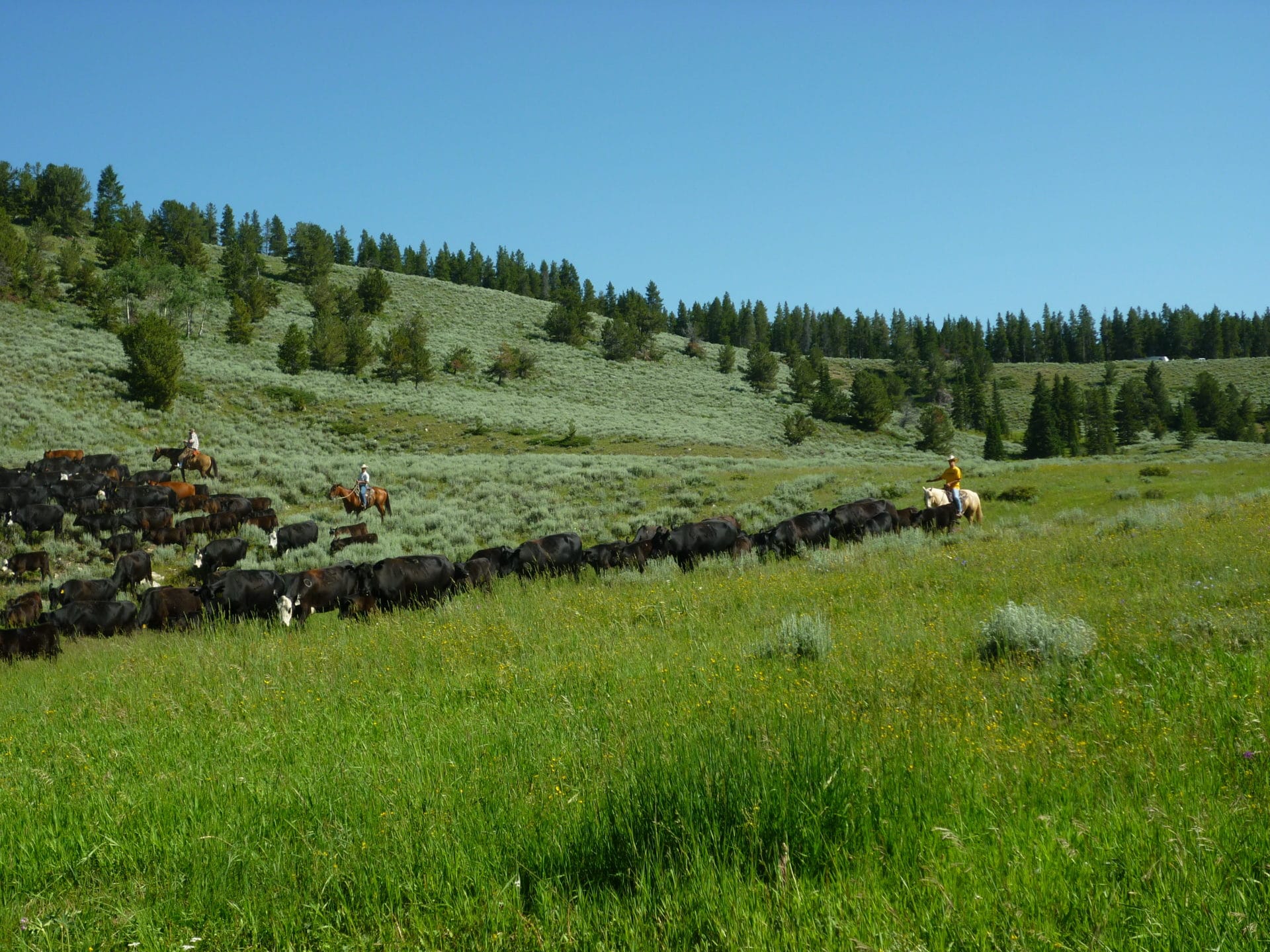
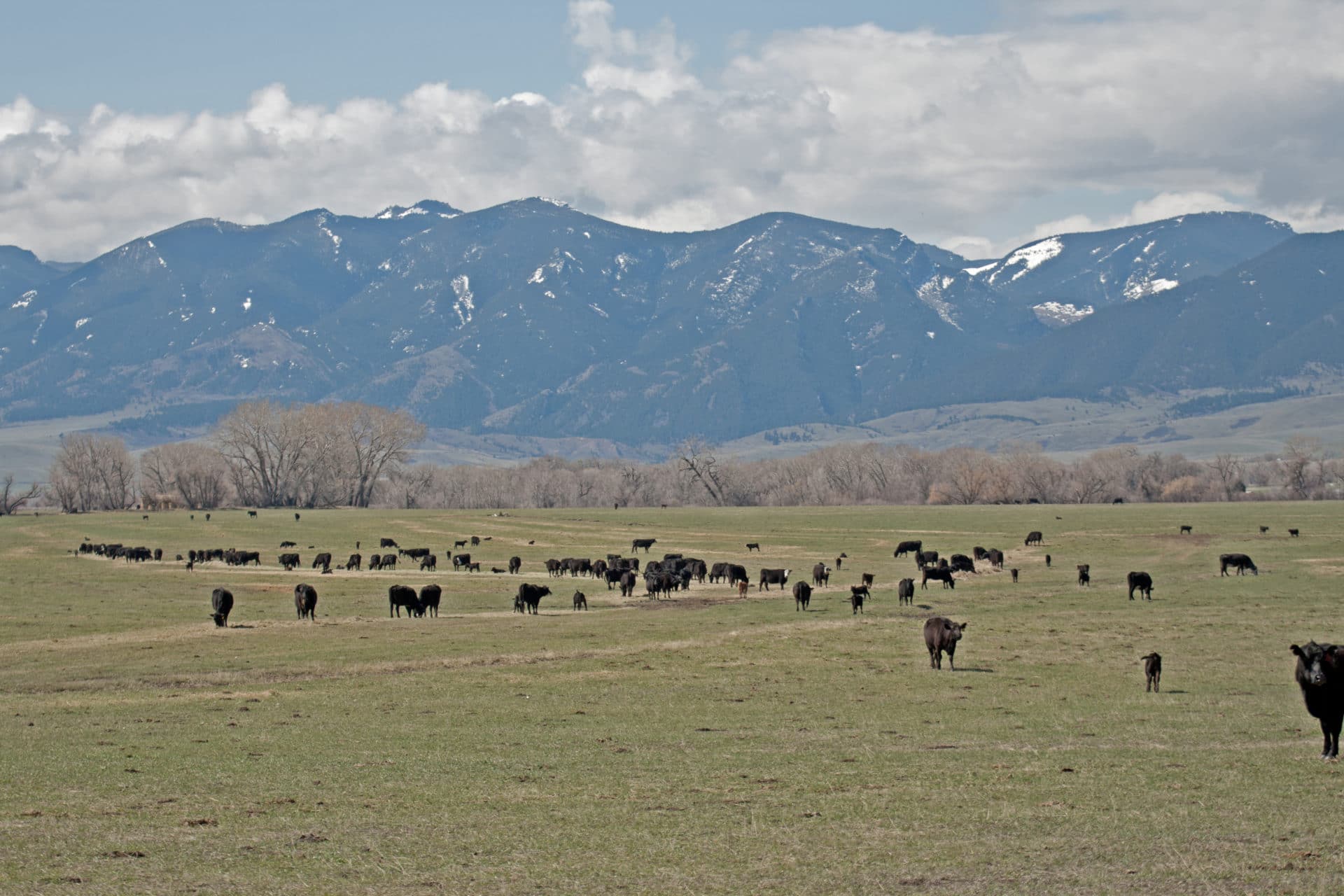
Feeding on the hay fields is a critical part of keeping soil health strong, particularly on the dryland acres that don’t get any fertilizer. The soil food web depends on carbon and organic matter and feeding on the hay fields recycles nutrients. The manure and urine put nutrients back into the soil food web and the cattle trample some of the hay, returning carbon and organic matter.
Beyond that, Kane is looking at cover crops to bolster soil health and offer additional grazing or haying. “I am really intrigued by cover crops and I’m looking at exploring them on both ranches.”
Cattle Nutrition
That focus on proper nutrition extends to the cattle as well. Cattle are on Kane’s ranch year ‘round, rotating through the pastures. On his son’s ranch, cattle spend their summers grazing Forest Service permits in the mountains. In either case, precipitation determines the amount and quality of the grass and hay.
In a dry year, the amount and quality of both are compromised.
So Kane has been on a year-long vitamin and mineral supplementation program for many years. “I used to use cake but I quit that. We just go with Riomax® now,” he says. “With the higher protein and the effectiveness in helping digestion, that’s the only supplement I need.”
Kane started doing liver biopsies in 2016 to determine exactly the mineral needs of the cattle. “And in doing that, we’re using a product that’s high in copper, manganese, and zinc, because we have those deficiencies in our soil and water,” he says. “We provide that year ‘round and well, my cows do great out on grass in the winter with just that.”
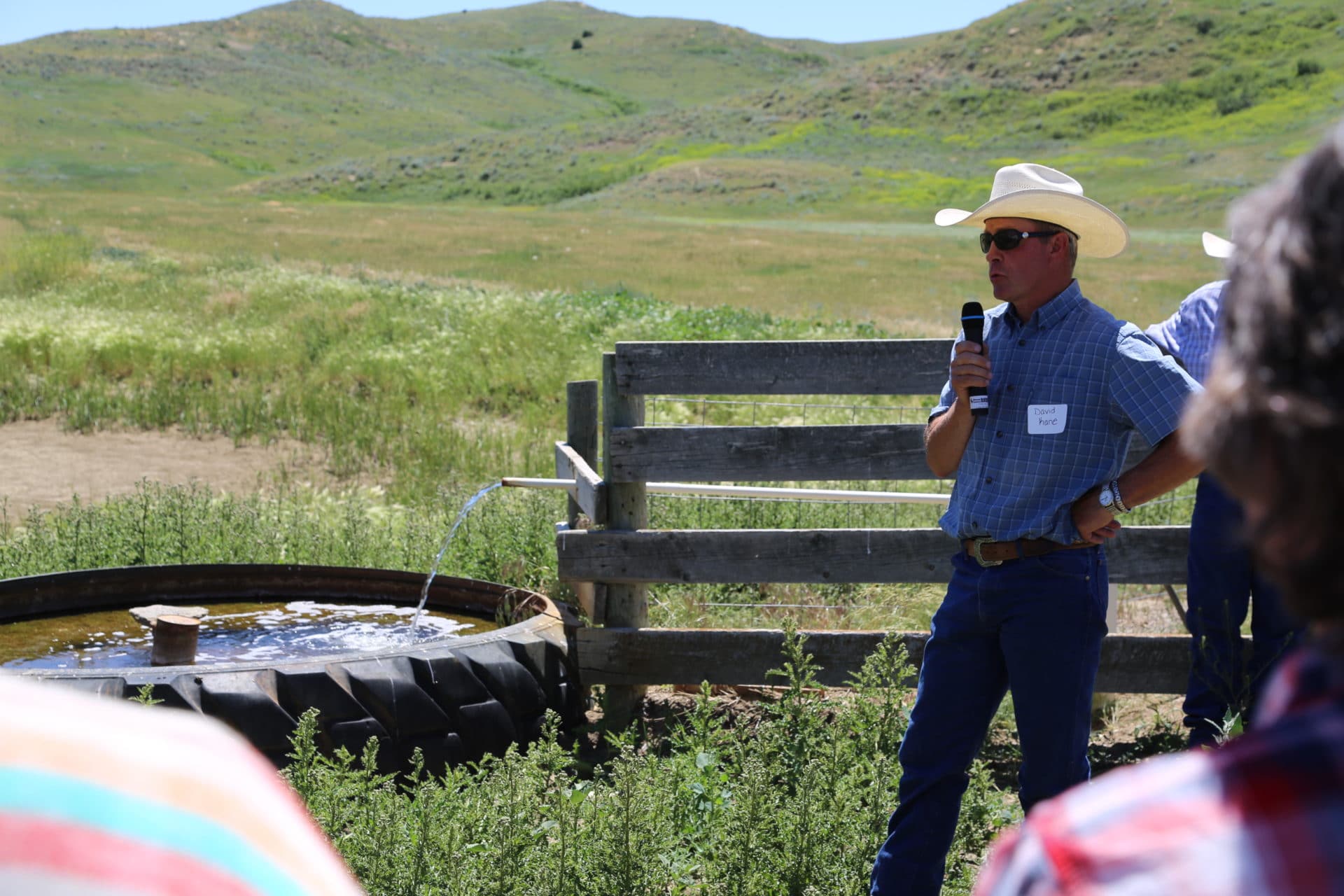
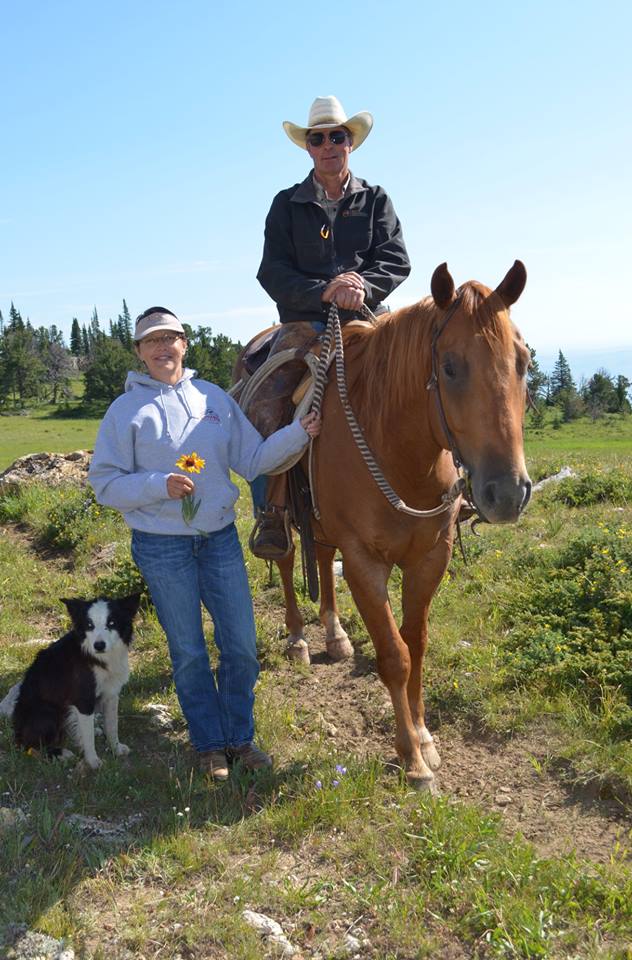
Because Kane was able to get his mineral levels where they need to be, he saw the results in better weaning weights, better breed back and more longevity in his cows. “You can attribute part of that to genetics, but the other part, I think we can go back to our supplementation program and what it does for the cattle,” he says.
“The one thing I think is critical, and this goes back to the minerals, is the effectiveness it helps play in your vaccination programs,” according to Kane. “The vaccines are more effective if you’re on a good plane of mineral nutrition.”
Mineral supplementation is important because copper, selenium, zinc, vitamin A and E, and manganese are all required for normal immune system function, says Dr. Jeffrey Hall, professor of toxicology, veterinary diagnostics, and mineral nutrition at Utah State University. “That’s why deficiencies have a direct immune compromise, which means the animal’s immune system is not functioning completely by itself. They also cause indirect immune compromise,” Hall says.
The reason health is so critical for Kane is that he sells his calves into a variety of branded programs, such as non-hormone treated (NHTC), natural, and GAP. If a calf gets sick and needs antibiotics, it falls out of the program and doesn’t reap the premiums those programs offer.
Written by Burt Rutherford, Former Senior Editor at BEEF Magazine



